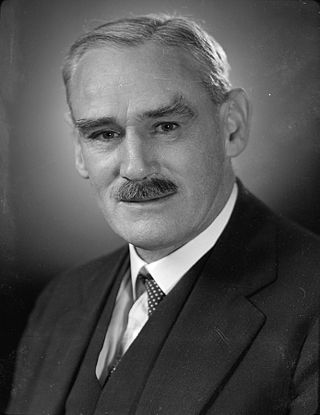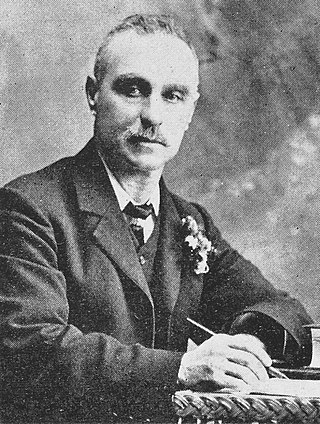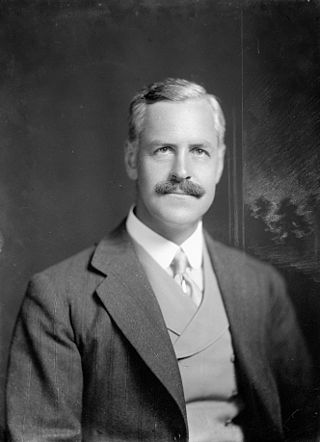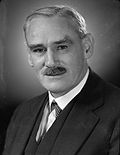
The 1938 New Zealand general election was a nationwide vote to determine the shape of the New Zealand Parliament's 26th term. It resulted in the governing Labour Party being re-elected in a landslide, winning nearly 56% of the vote despite not gaining any more seats. Having replaced the United-Reform coalition, the newly founded National Party also gained a certain amount of ground.

The 1922 New Zealand general election was held on Monday, 6 December in the Māori electorates, and on Tuesday, 7 December in the general electorates to elect a total of 80 MPs to the 21st session of the New Zealand Parliament. A total number of 700,111 (87.7%) voters turned out to vote. In one seat there was only one candidate.

The 1928 New Zealand general election was held on 13 and 14 November in the Māori and European electorates, respectively, to elect 80 MPs to the 23rd session of the New Zealand Parliament.

Auckland Central is a New Zealand electoral division returning one member to the New Zealand House of Representatives. The electorate is currently represented by Chlöe Swarbrick, a member of the Green Party; she has represented the seat since 2020.

Harold Montague Rushworth was a New Zealand politician of the Country Party.

Albert Edward Glover was a New Zealand politician of the Liberal Party.
Waimarino was a New Zealand parliamentary electorate that existed from 1911 to 1954, and from 1963 to 1972. It was rural in nature and was represented by four Members of Parliament.
Bay of Islands is a former New Zealand parliamentary electorate. It existed during various periods between 1853 and 1993. It was thus one of the original 24 electoral districts, and New Zealand's first ever MP was elected, although unopposed, in the Bay of Islands; Hugh Carleton thus liked to be called the Father of the House.
Avon is a former New Zealand parliamentary electorate. It was created for the 1861 general election and existed until 1996. It was represented by 13 Members of Parliament and was held by Independents, Liberal Party or Labour Party representatives.
Pahiatua is a former New Zealand parliamentary electorate in the Wairarapa region. It existed from 1896 to 1996, and was represented by nine Members of Parliament, including Prime Minister Keith Holyoake for 34 years.
Hutt was a New Zealand parliamentary electorate. It was one of the original electorates in 1853 and existed during two periods until 1978. It was represented by 13 Members of Parliament.
The former New Zealand parliamentary electorate on the western inner city of Auckland, was known as City of Auckland West from 1861 to 1890, and then Auckland West from 1905 to 1946.
Motueka is a former New Zealand parliamentary electorate. It was first created in 1860 and existed until the 1890 election, when it was abolished. For the 1896 election the Motueka electorate was recreated, and lasted until the 1946 election, when it was again abolished.

William Alfred Sheat was a New Zealand Member of Parliament for two Taranaki electorates.
Patea is a former New Zealand electorate in south Taranaki. It existed from 1893 to 1963.

Lt. Colonel Allan (Allen) Bell was a New Zealand Member of Parliament for the Bay of Islands in Northland.

The 23rd New Zealand Parliament was a term of the New Zealand Parliament. It was elected at the 1928 general election in November of that year.
The 1915 Bay of Islands by-election was a by-election held on 8 June 1915 during the 19th New Zealand Parliament in the Northland electorate of Bay of Islands. The by-election came about because Vernon Reed's win in the 1914 general election was declared void by an electoral court. The seat was won by William Stewart of the Reform Party. Reed, who was also of the Reform Party, was barred by the court from standing for election for 12 months.

The 1917 Bay of Islands by-election was a by-election held on 19 March 1917 during the 19th New Zealand Parliament in the Northland electorate of Bay of Islands. The by-election came about because Vernon Reed's win in the 1914 general election had been declared void by an electoral court, and Reed barred from standing for a year. The seat was won by William Stewart, Reed's Reform Party colleague, in the resulting 1915 by-election. When Reed became eligible again, Stewart resigned and Reed won the 1917 by-election unopposed.











